An alleged Chinese spy who became a close confidant of the Duke of York has been named as Yang Tengbo following a court ruling, as concerns grow over Beijing’s reach within British society.
The 50-year-old businessman had been known as H6 until a judge lifted an anonymity order just ahead of an urgent question on the scandal from former Tory leader Sir Iain Duncan Smith.
MPs had threatened to use parliamentary privilege to reveal Yang’s identity following accusations he became close to Prince Andrew in an effort to gain influence, and that he helped the United Front Work Department – an arm of the Chinese Communist Party.
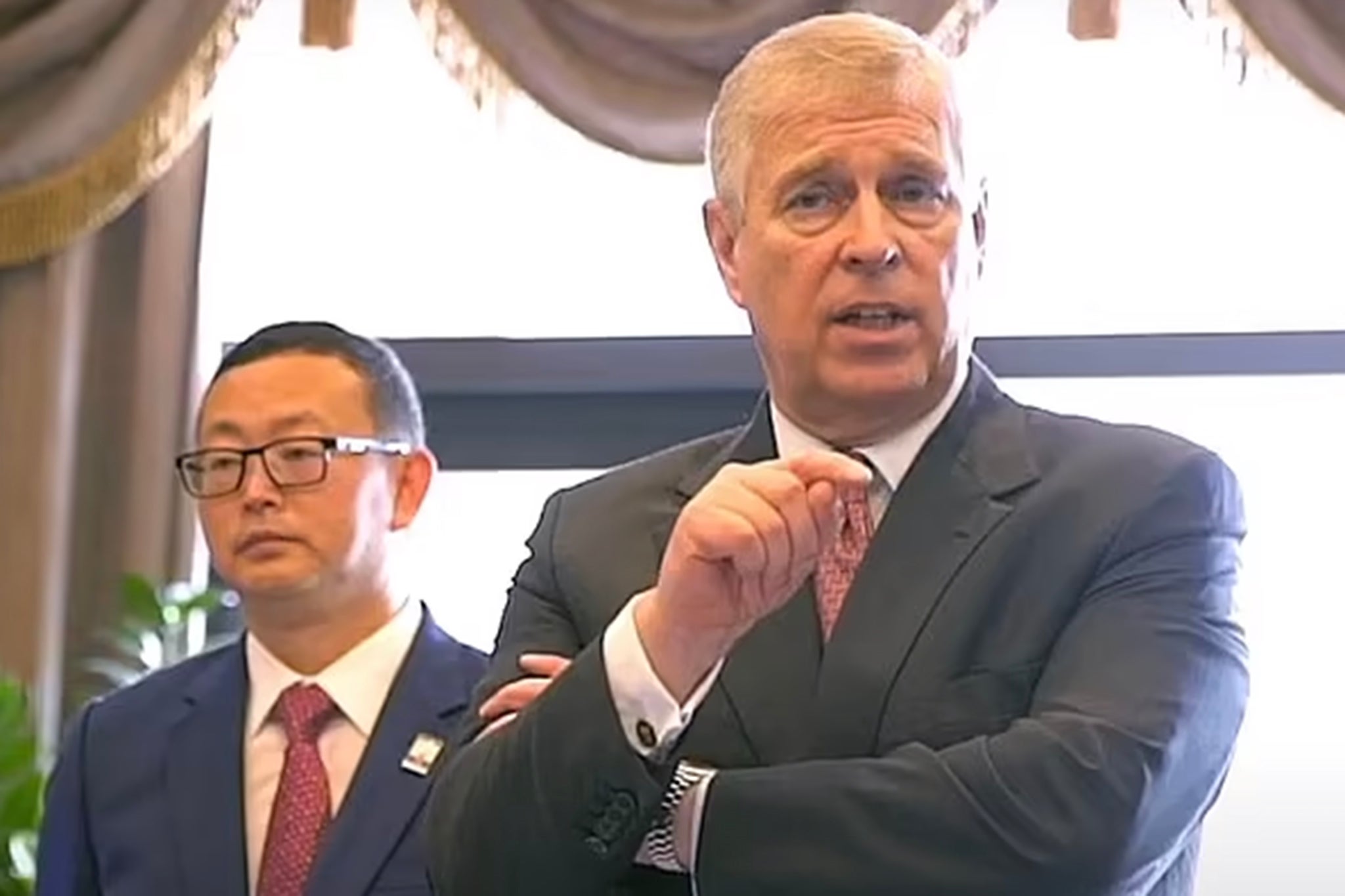
But Yang – who has also been pictured with Baroness Theresa May and Lord David Cameron – insisted he had “done nothing wrong or unlawful.”
In a new statement, he said it was “entirely untrue” to claim he was involved in espionage and that he was a victim of a “political climate” of tension between Britain and China.
Meanwhile, Prince Andrew indicated he would stay away from tbis year’s traditional Christmas royal get-together at Sandringham, Norfolk.
His ex-wife Sarah, Duchess of York, will also miss the gathering in what will be seen as a show of solidarity for her former husband. The pair are said to be preparing to spend the day together at Royal Lodge, the home they still share in Windsor Great Park, Berkshire.
It is not yet known if the duke will attend Charles’s traditional pre-Christmas lunch for the extended family at Buckingham Palace on Thursday. But Princess Beatrice and Princess Eugenie, who have young families, had already planned to spend Christmas with their respective in-laws this year for the first time, sources said.
However, with the spy’s identity revealed, MPs were more concerned with the extent of Chinese Communist Party influence within the UK through political donations, lobbying, business deal and universities.
After raising his urgent question in the Commons, Sir Iain Duncan Smith, who has been proscribed by China, said Yang Tengbo was “not a lone wolf.”
“He was one of some 40,000 members of the United [Front] Work Department which the intelligence security committee report last year said, and I quote … ‘had penetrated every sector of the UK economy, spying, stealing intellectual property, influencing and shaping our institutions’.”
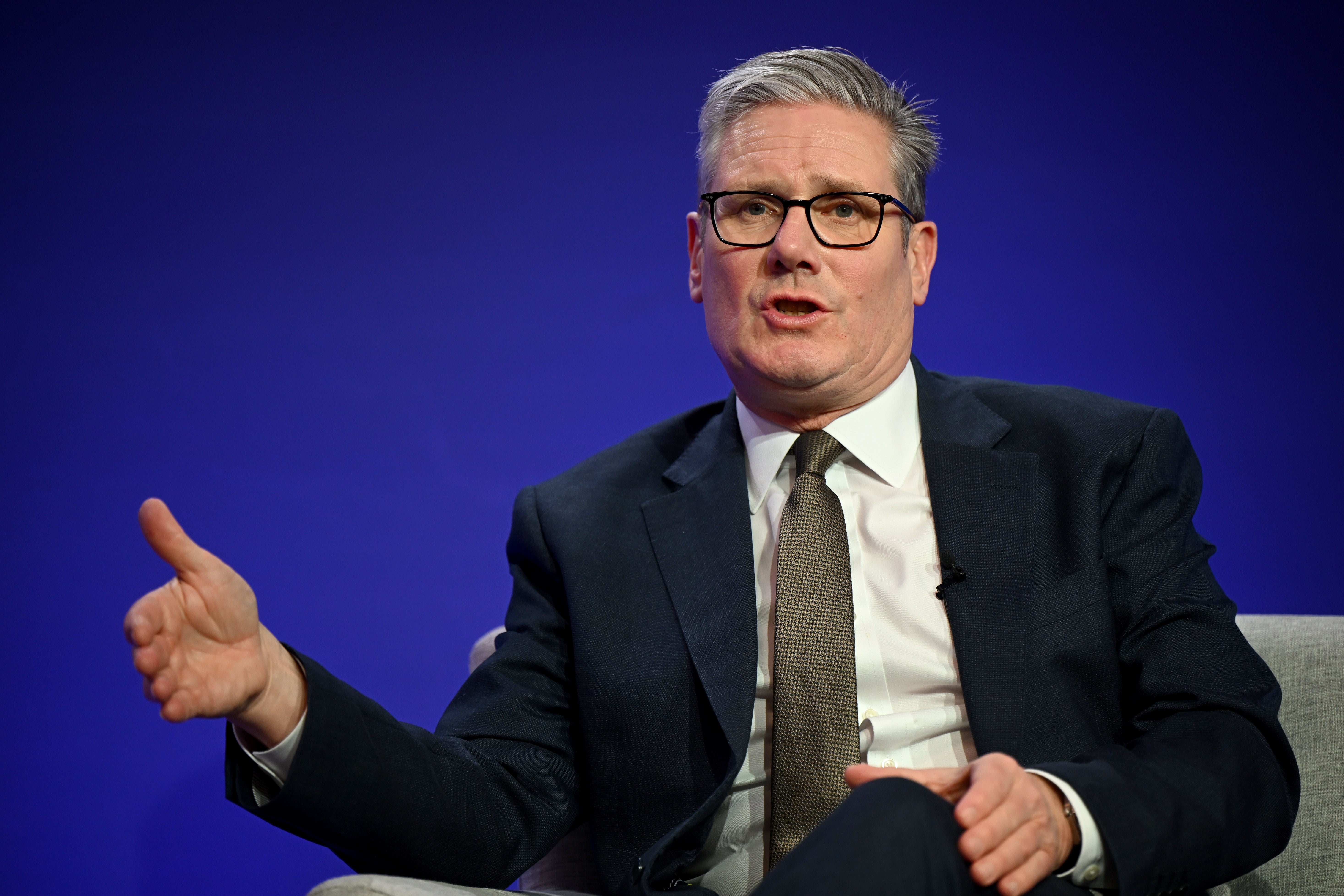
He added: “So will the government commit to putting China now in the enhanced tier of the Foreign Influence Registration Scheme (FIRS), and will they do it now? No more delay.”
There was concern when security minister Dan Jarvis confirmed that FIRS, which had been expected to come into force in 2024, will not be in place until next year.
Conservative former home secretary Suella Braverman was among those to question why the scheme has yet to be implemented, and also pressed for China to be included in the “enhanced” tier.
Mrs Braverman said she made the decision to exclude Mr Yang from the UK because his presence “posed a threat to our national security”, adding: “That decision was based on the advice of MI5 and I’m very pleased that the High Court has upheld that decision.”
She added: “Isn’t it regrettable that it has taken a high profile case, public outcry and opposition MPs dragging the minister to the chamber to finally get the government to commit to implementing the Foreign Influence Registration Scheme, a scheme that we enacted and that was ready to go at the time of the general election?”
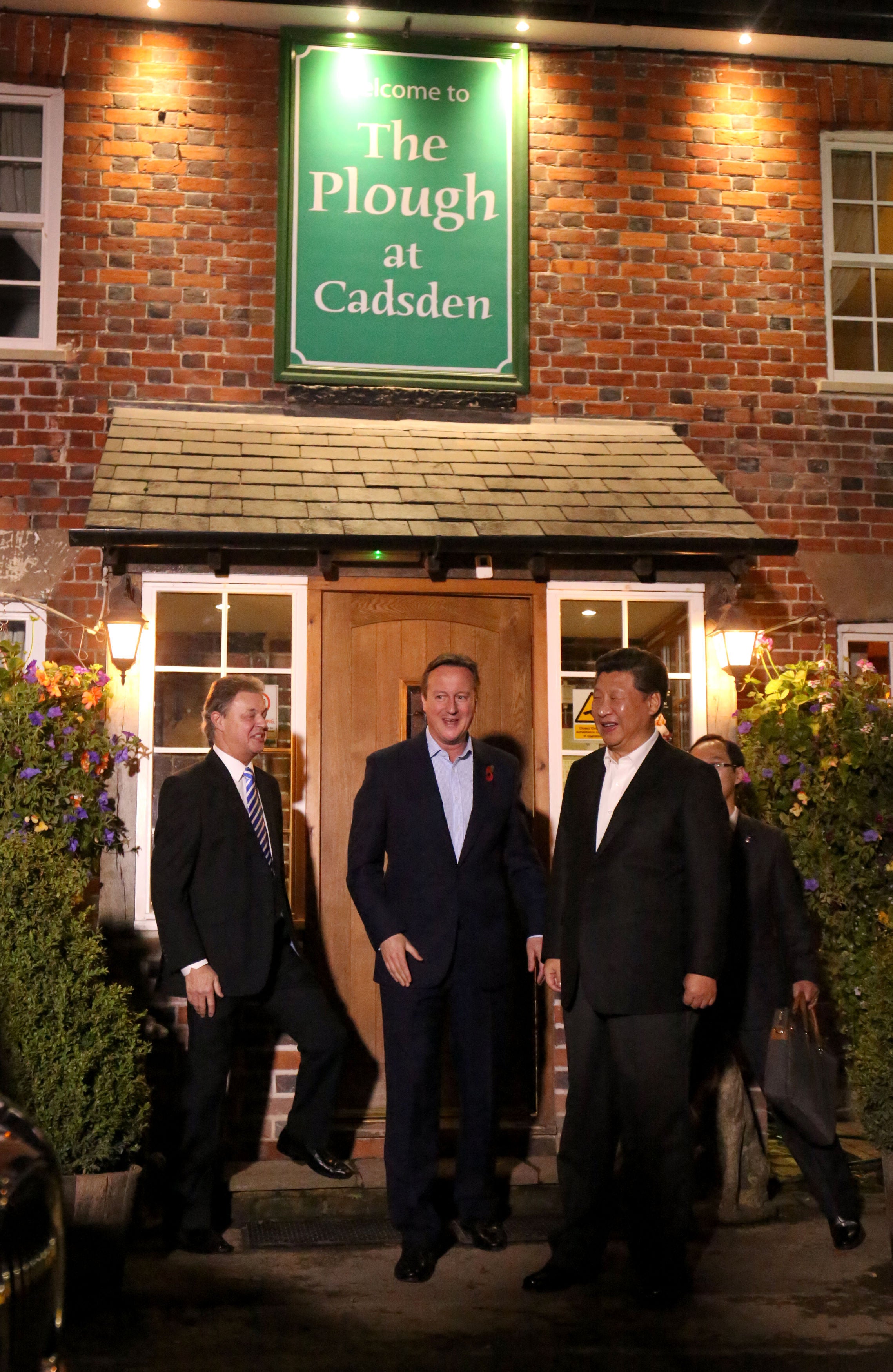
Tom Tugendhat, a Conservative former security minister, said MI5 has made “very, very clear” that FIRS is “not worth having” if China is not in the enhanced tier.
Mr Jarvis replied: “Upon our arrival in Government, we found that FIRS was not ready to be implemented – as has been claimed – and since coming into office, we have ensured that there are now more people than ever working on FIRS implementation. The case management team have been recruited and are now in place.”
Lib Dem MP Layla Moran raised concerns about the university sector, and expressed anger that Peking University’s bid for expansion in Oxfordshire had been accepted.
After criticism by Tory shadow home secretary Chris Philp of Labour’s attitude to China, Mr Jarvis noted that Lord Cameron had taken China’s president Xi Jinping to the pub during an official visit in 2015.
Labour Rochdale MP Paul Waugh reminded the House that former Tory prime minister Theresa May was once praised by Chinese state media for “side stepping questions on human rights” on a visit to China which he accompanied her on as a former journalist in the parliamentary lobby.
Mr Jarvis suggested that the Tories needed to “show humility” on the issue.
However, he came under pressure as he tried to walk a difficult balanced line on diplomatic relations with China.
Mr Philp warned: “Chinese infiltration of public organisations is of grave concern but it’s not just public organisations such as government; it’s also businesses and universities that are being systemically infiltrated, and often intellectual property theft is at the heart of what the Chinese government are trying to achieve.”
He added: “Last year, there were multiple attempts by Chinese companies to get hold of sensitive technology and MI5 estimate that 20,000 individuals have been approached by Chinese agents who are trying to influence them or forge contacts in some way, and it’s likely that, at some point either in the past or in the future, every member of this House will be contacted or attempted to be contacted in one form or another.”
But Mr Jarvis saidthe government “will challenge where we must in order to keep our country safe, compete where we need to, and co-operate where we can, for example, on matters like climate change,” adding: “That is acting in the national interest.”


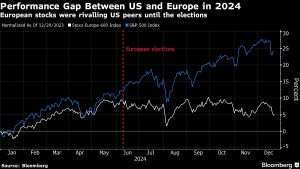
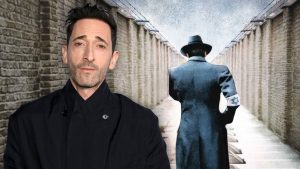








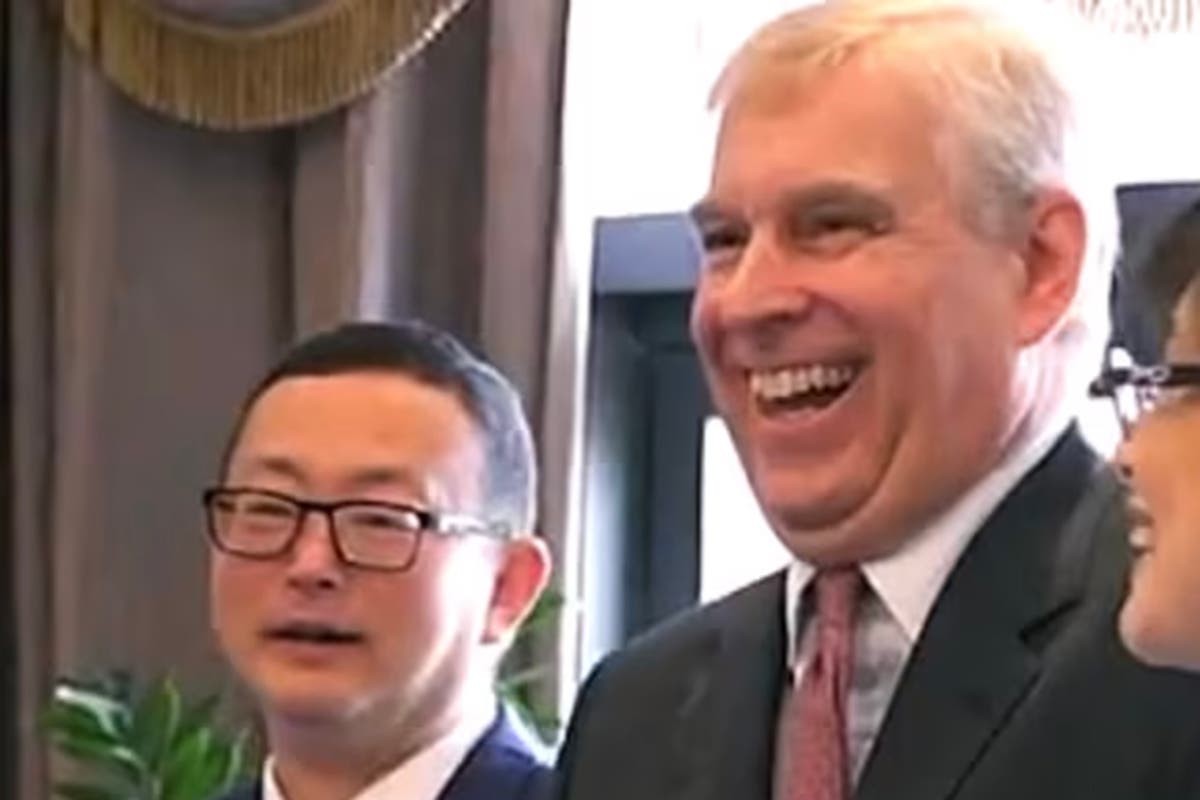
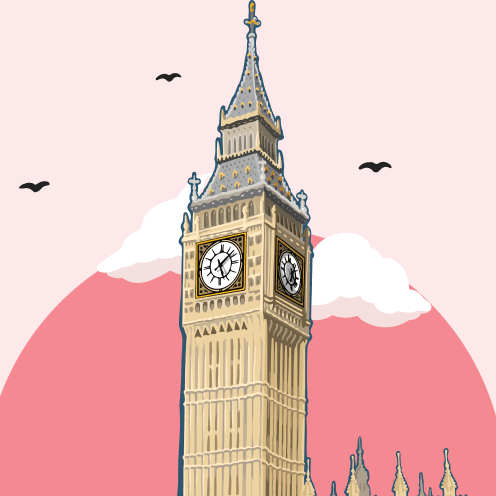




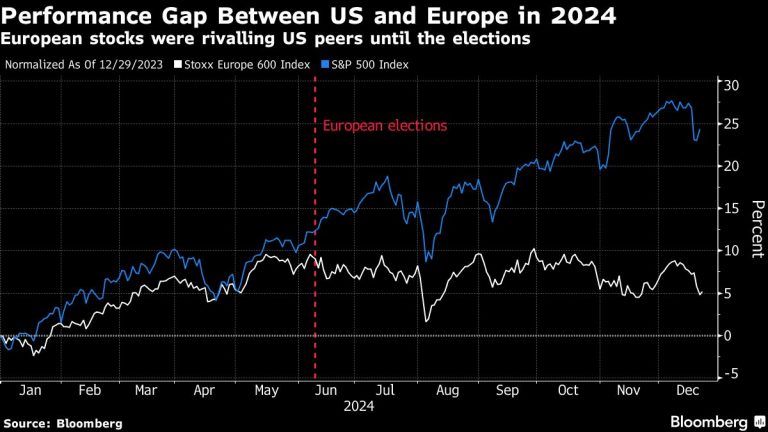


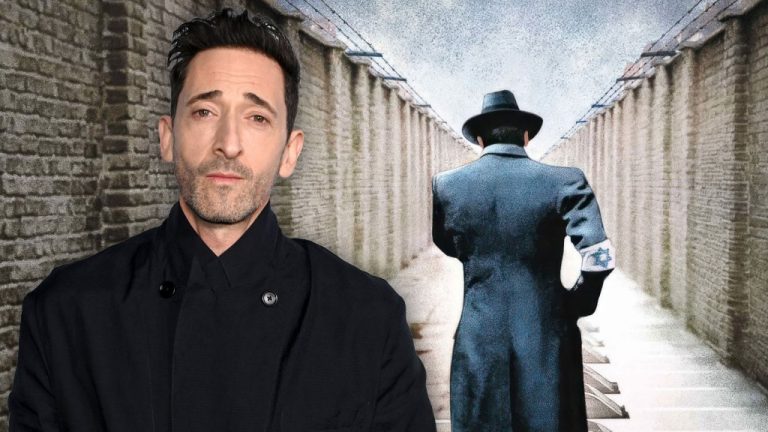


+ There are no comments
Add yours